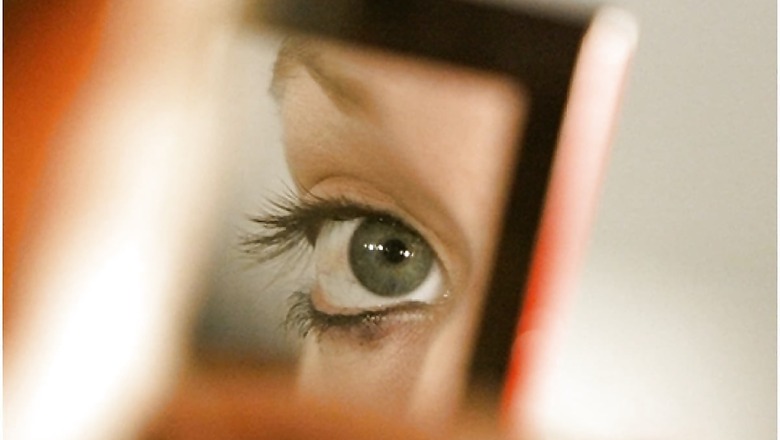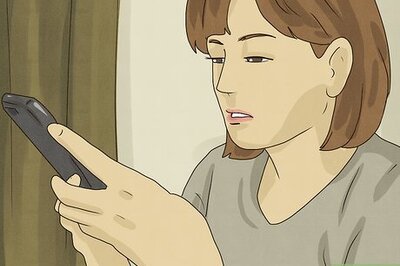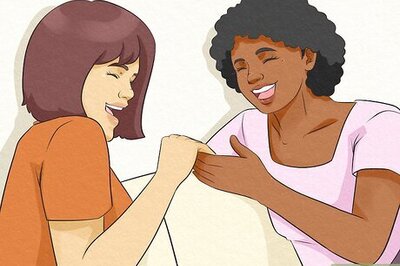
views
Night blindness, also known as nyctalopia, is a type of vision impairment that makes it difficult to read or see in dim light or at night. It is not a disease itself, but rather a symptom of an underlying medical condition. Although the name suggests blindness during the night, it usually means difficulty in reading or driving in a dusky environment, which can happen any time during the day.
Difficulty to see in a dark room is usually normal but in nyctalopia, it is more strenuous. It can even prevent you from pointing out the stars in the night sky. Night blindness may make it difficult to recognize faces or locate obstacles in a dimly-lit room. Your vision could also take longer than usual to adjust to the transition from darkness to bright light.
Causes of night blindness
Night blindness may be caused by a variety of underlying causes including the following:
- A cataract is a condition where the lens of the eye becomes cloudy, thereby interfering with your vision. This condition makes it especially difficult to see in reduced light.
- Nearsightedness or myopia is a condition where you are unable to see far away objects clearly and is associated with nyctalopia.
- Glaucoma is a progressive disease that affects the optic nerve and is capable of causing night blindness.
- A diet deficient in vitamin A (retinol) is a leading cause of night blindness as Vitamin A helps the retina form images and signal them to the brain.
- Crohn’s disease or pancreatic disorders that prevent the nutrients to be absorbed completely can give rise to nyctalopia.
- Diabetic patients and others who have high blood sugar levels are at a higher risk of developing nyctalopia.
- Other eye conditions such as retinitis pigmentosa (dark pigment accumulation in the retina) and Usher syndrome (a genetic condition that affects eyesight and hearing) may also cause night blindness.
Treatment for night blindness
It is important to know the exact cause of the condition for an appropriate intervention to be planned. The treatment for nyctalopia may vary from simply getting a new pair of prescription glasses or switching glaucoma medications to surgery if the cause is cataracts.
A proper balance diet may also be advised if the condition is caused due to a dietary imbalance. Vitamin and mineral requirements may be fulfilled by supplementation, depending on your doctor’s recommendation. If a retinal disease is discovered, the treatment will be carried out by an ophthalmologist depending on the type and severity of the condition.
Unfortunately, treatment of genetic conditions such as retinitis pigmentosa and Usher syndrome that cause nyctalopia are yet to be developed.
Prevention and precautions
There is no way to prevent night blindness when it is caused by genetic conditions or birth defects. However, in the case of other causes, you can take the following measures to reduce the risk of developing the condition:
- Eat a balanced diet: A diet rich in vitamin A, fiber and antioxidants can help reduce the risk of eye diseases. Orange- and yellow-coloured foods that are rich in retinol or vitamin A should be included in your diet.
- Control blood sugar and pressure: Some eye conditions are associated with diabetes and hypertension and nyctalopia is one of them. Therefore, it is important to keep an eye on these measures to ensure they remain within healthy range. Regular exercise and moderate physical activity could help with this.
- Take care of your eyes: It is very important to get regular eye check-ups as they may help diagnose conditions like glaucoma and cataract that are easily treatable during the initial stages.
- Wear sunglasses: Wearing sunglasses or a brimmed hat reduces exposure to harmful UV rays and glare in brightly lit environments. You can also wear anti-glare glasses if you mostly work on computers.
For more information, read our article on Night Blindness.
Health articles on News18 are written by myUpchar.com, India’s first and biggest resource for verified medical information. At myUpchar, researchers and journalists work with doctors to bring you information on all things health.
Read all the Latest News, Breaking News and Coronavirus News here

















Comments
0 comment